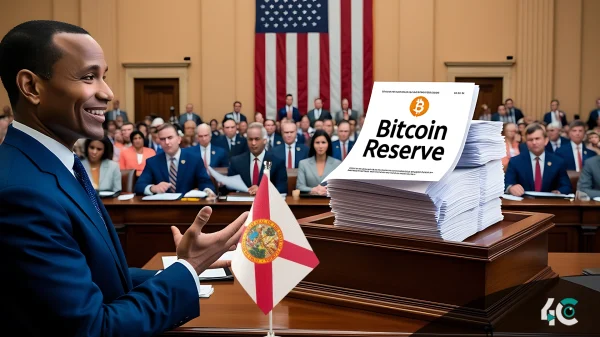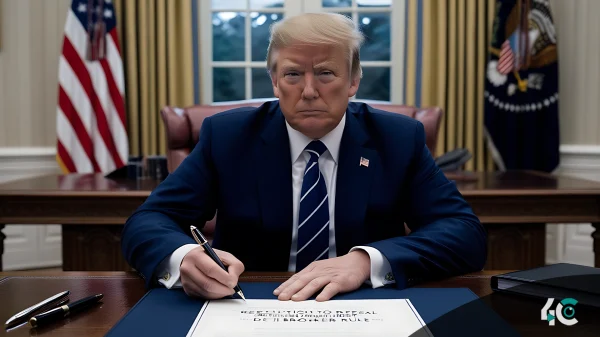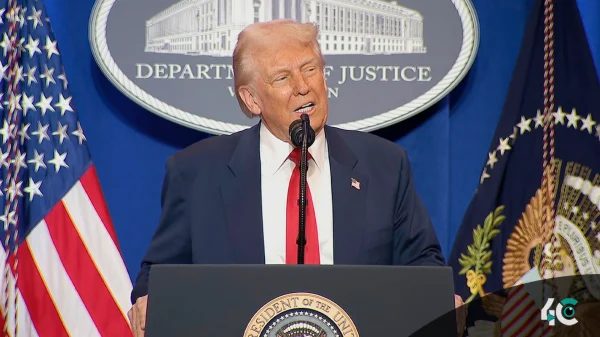The push to incorporate Bitcoin into state finances is gaining steam as New Hampshire and Florida advance legislation that will allow the state’s reserves to be allocated public funds.
Lawmakers voted 192-179 to permit the state to invest public funds in Bitcoin on April 10. The bill now moves to the Senate for consideration. If this law passes, the state treasurer can invest up to 10% of the general fund and other authorized funds in certain digital assets and precious metals. However, the measure strictly mandates that any cryptocurrency investment must have a market cap exceeding $500 billion. Currently, only Bitcoin surpasses this threshold.
The arguments surrounding HB302 discussed the ideology of state-level crypto adoption. Democratic Representative Terry Spahr said the measure could limit flexibility to secure the state’s digital assets. Conversely, Republican Representative Jordan Ulery backed the proposal as a strategy to leverage New Hampshire’s resources.
Meanwhile, Florida is actively involved in some legislative work. On April 10, the Florida House Insurance and Banking Committee voted unanimously in favor of HB487, which would allow the state’s chief financial officer and the State Board of Administration to invest up to 10% of selected funds, such as General Revenue and Budget Stabilization Funds, in Bitcoin.
The legislation allows them to invest using various methods, like making direct purchases and investing in qualified custodians and exchange-traded products. The legislator behind the bill, Representative Webster Barnaby, urged lawmakers to seize the chance to position Florida for a leadership role in emerging technology.
Following these developments, New Hampshire joins Arizona, Texas, and Oklahoma, which have already gotten similar legislation through one chamber. Florida, despite starting the process earlier, is rapidly catching up.
As more states are looking to include Bitcoin reserves in their finances, a fresh wave of crypto-friendly public policy is rising. These efforts could change how state governments handle and grow public money, showing that digital assets are becoming more accepted in financing activities. As New Hampshire and Florida make advancements, it’s perhaps setting the stage for a unique fiscal shift on the state level.














































